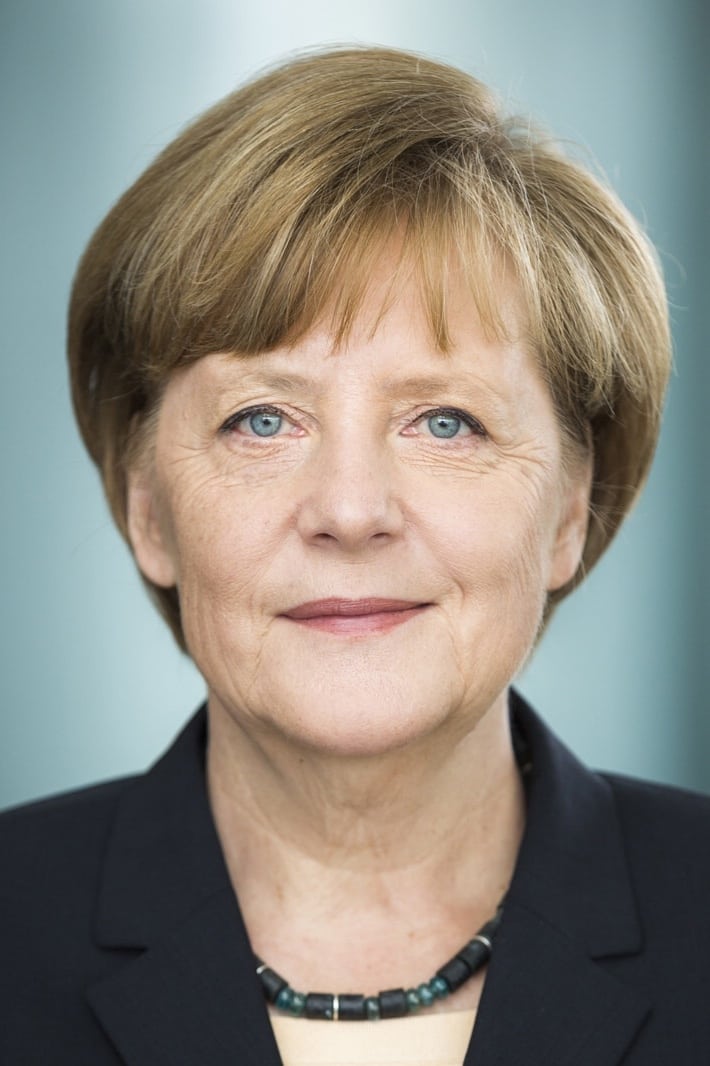
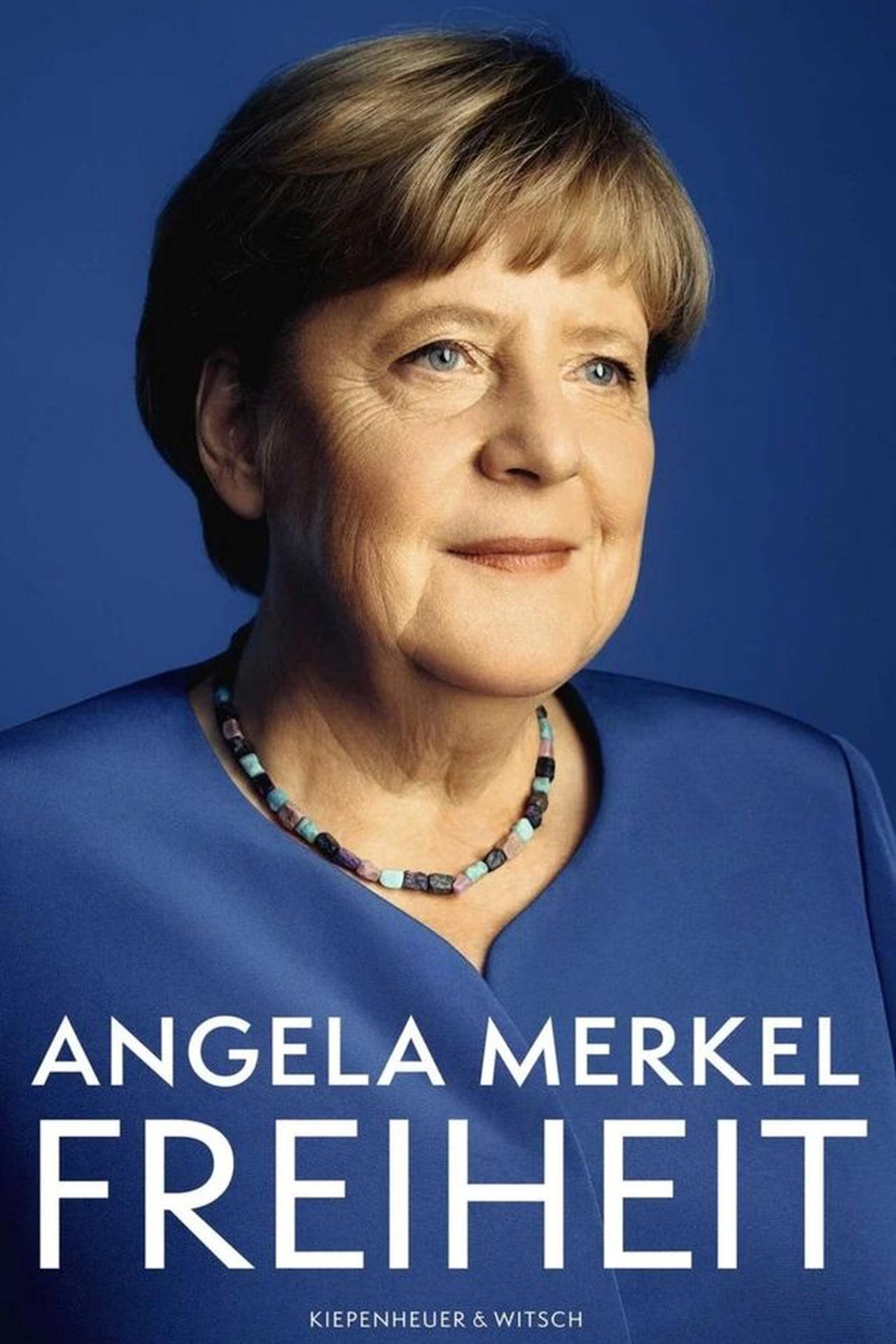
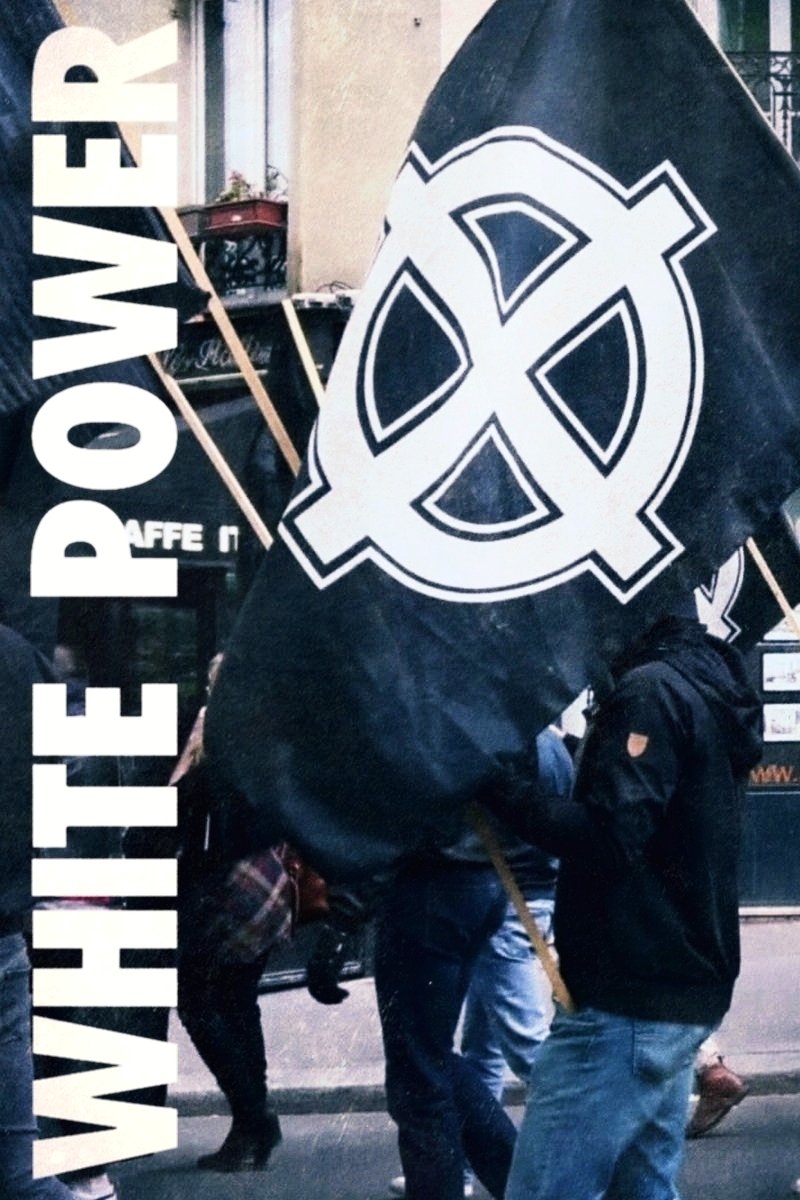
An analysis of the rise of the European far-right, increasingly present in both politics and everyday life: an inquisitive journey through France, Germany and Belgium.
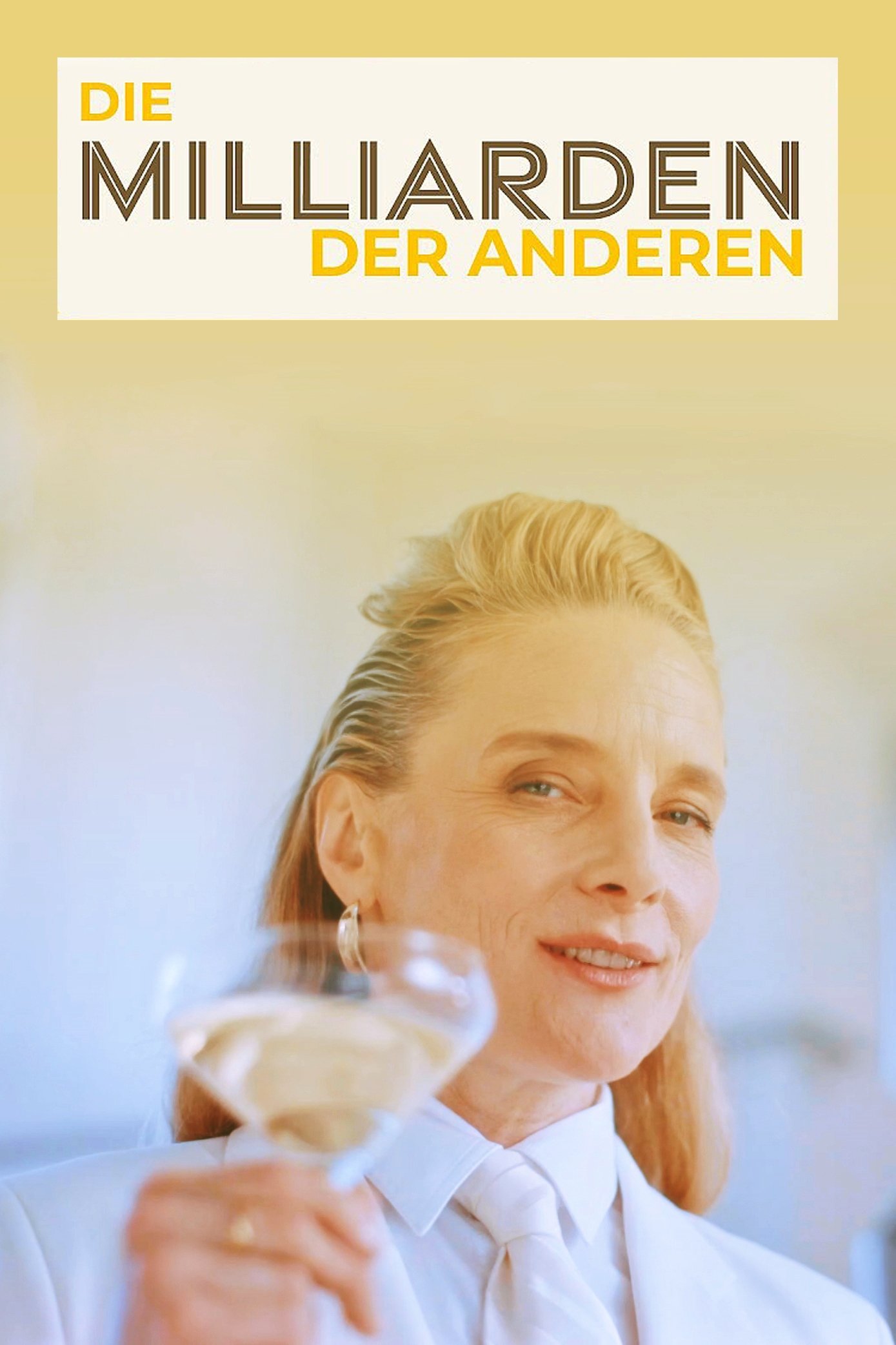
The market regulates everything! Diligence and work create prosperity! Capitalism needs growth! What is the truth behind the great principles of capitalism? And how do they work in Eastern Germany - a region that has been a capitalist test laboratory for around 30 years? It is symbolic of various places in the world that are going through similar processes. Renowned economic experts answer questions. How does a large-scale settlement of a global corporation like DHL take place and what must politics make possible for this? What happens when investors pour around a billion euros into one of the largest real estate projects in Europe in the Baltic Sea resort of Binz (Prora) on the Island of Rügen and no place is created that is worth living in? And how are the people in places like Zeitz, which capitalism has obviously forgotten? The film takes you through various stations, through the strongholds of Eastern German capitalism and the places where capitalism has not yet arrived.
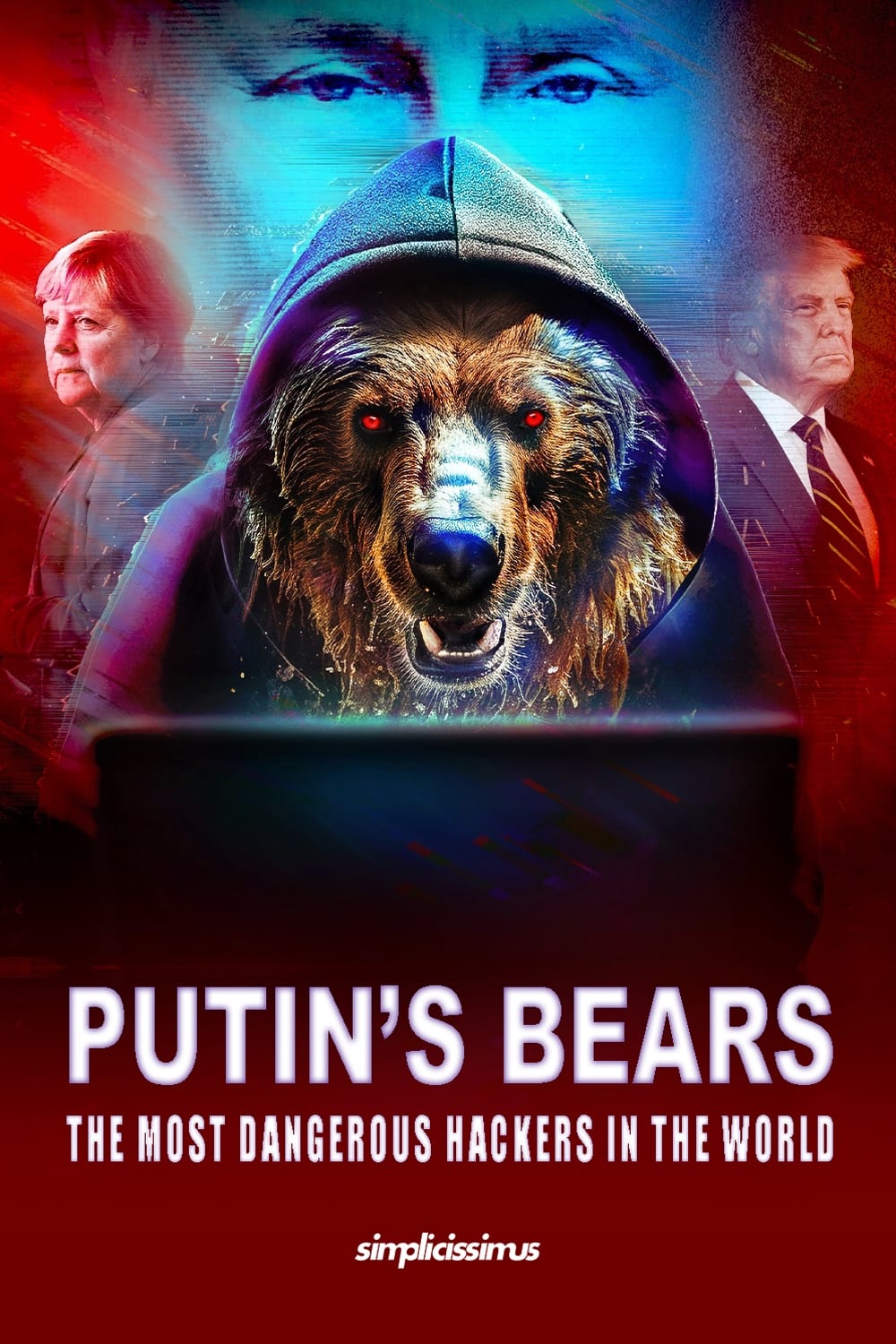
They call themselves Fancy Bear, Cozy Bear or Voodoo Bear. Elite units of the Russian secret services are hidden behind these code names. They are among the most dangerous hackers in the world. The bears were already in the computer of then-Chancellor Angela Merkel in 2015, interfered in the US election campaign in 2016 and are currently influencing the war in Ukraine. The makers of the successful YouTube channel “Simplicissimus” in co-production with funk and SWR are back and show the destructive potential of state hacking with this documentary. With the help of leading German hackers, cyberspace experts and a lot of humor, they delicately demystify the Russian bears: Who are the people behind them? How do they operate? And what makes them so incredibly dangerous?
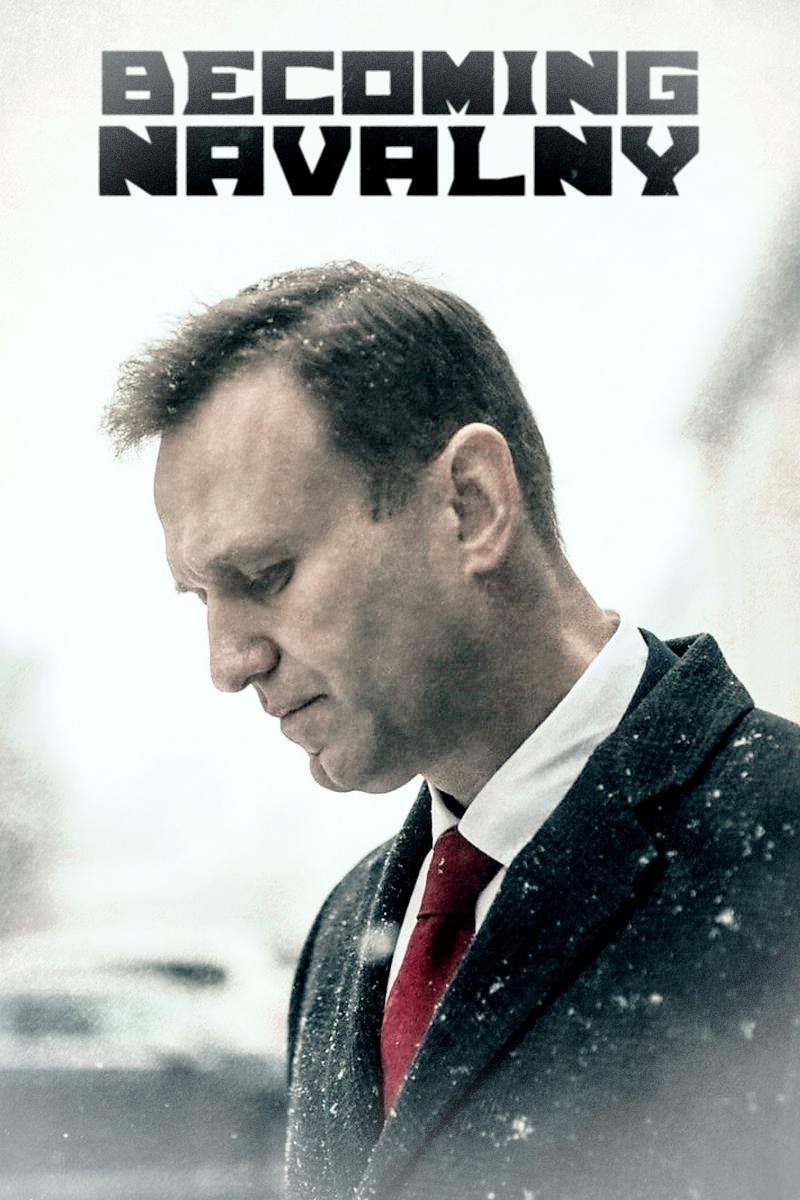
A portrait of Alexei Navalny (1976), the staunchest opponent of Russian President Vladimir Putin, severely poisoned in 2020, arrested in 2021 and died on February 16, 2024 in a Siberian prison camp under unclear circumstances.
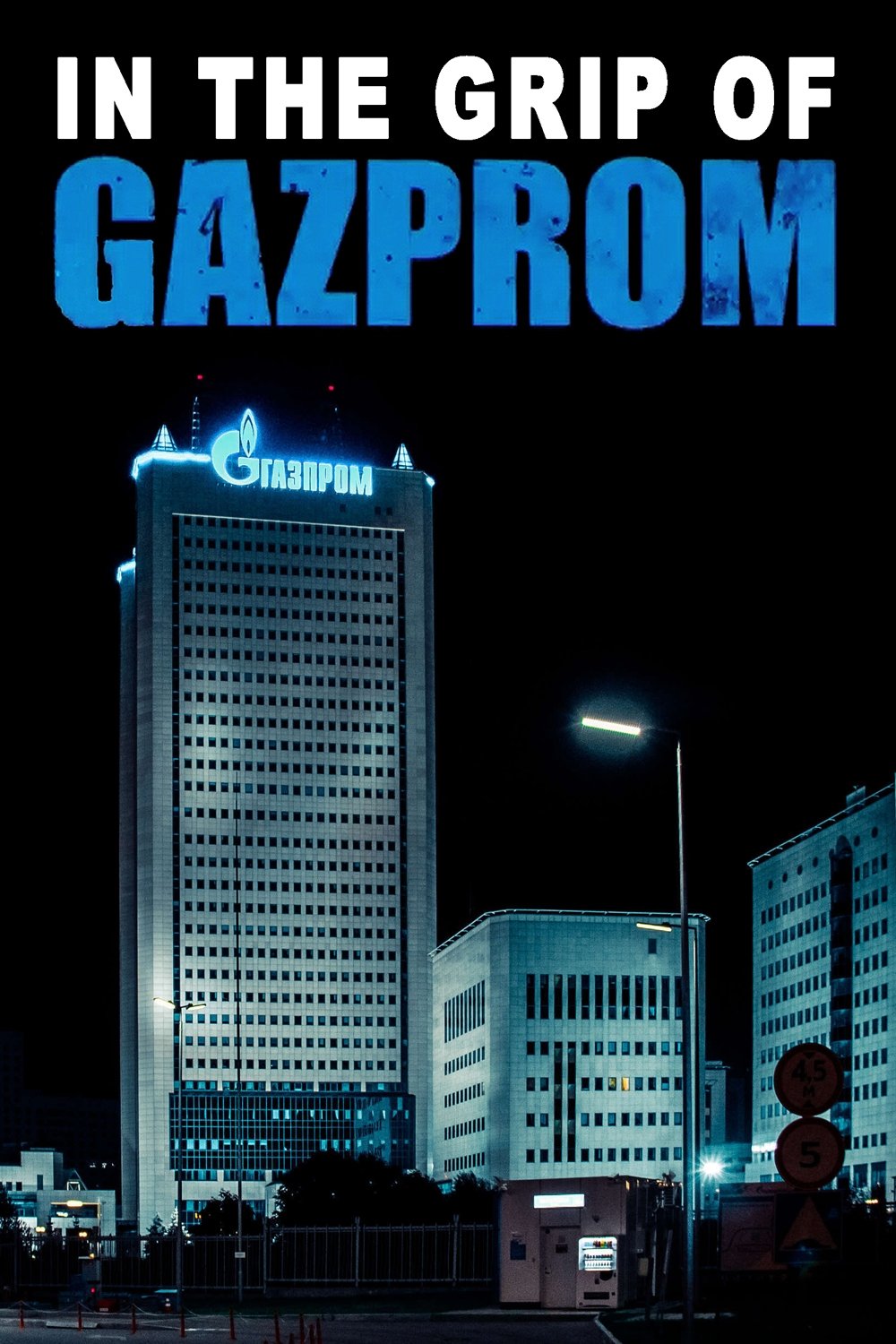
The war in the Ukraine has changed the way many European countries view Russian politics. Suddenly it became clear how dependent countries had become on Russian gas imports for decades and what Vladimir Putin was up to. However, no country needs more gas than Germany. It was only after Russia's invasion of the Ukraine that the German government realized that Russia had long used gas as a weapon to impose its will on states. The instrument created for this purpose is the natural gas production company GAZPROM. So how did Germany become so dependent on Russian gas? The documentary shows how, over several decades and several changes of government, a broad alliance of politicians and business representatives did everything possible to secure Germany's energy supply with cheap Russian gas, while the Kremlin's foreign policy became increasingly aggressive and the warnings of experts went unheeded.
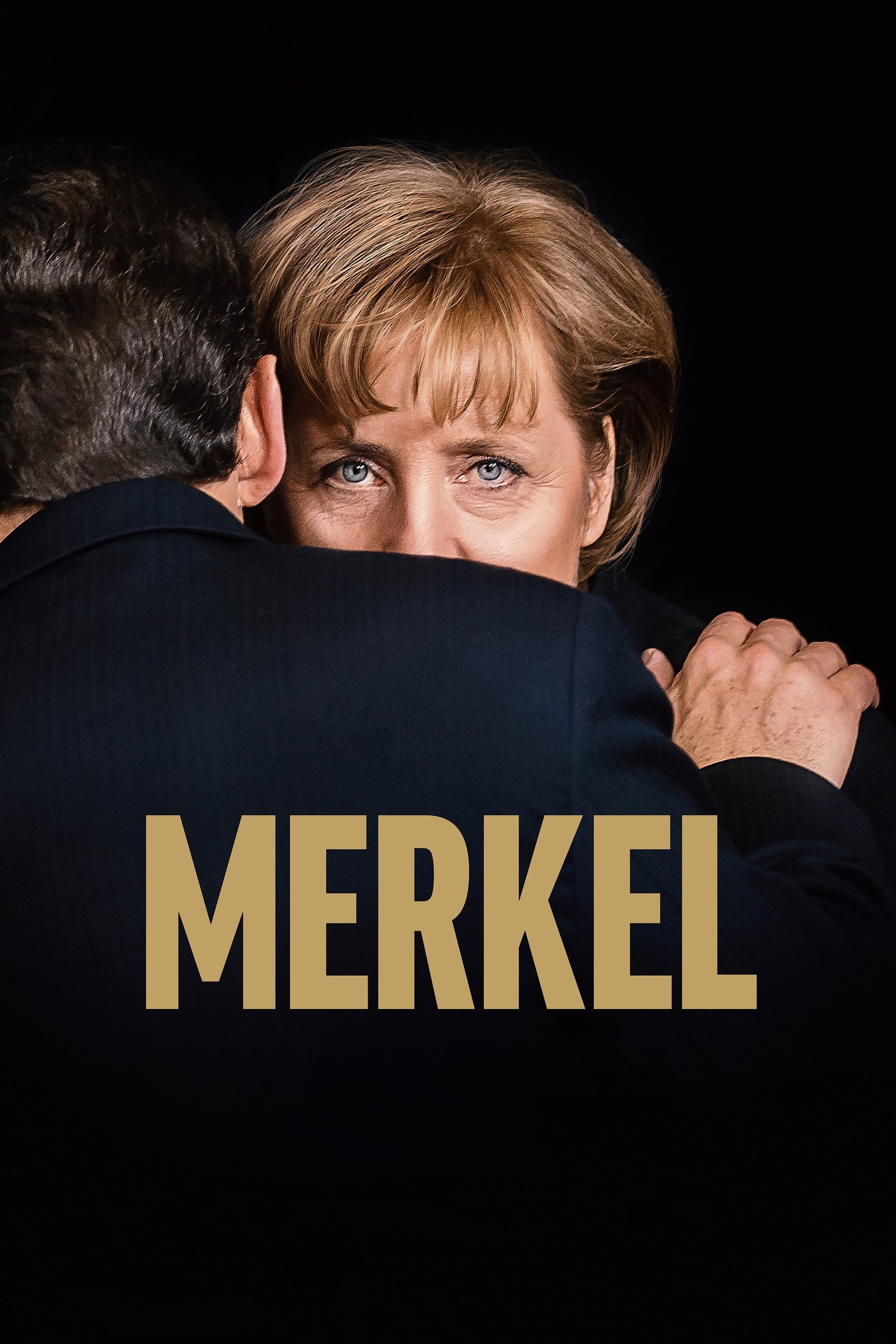
Driven by extensive archive material and interviews with those who know her, this is the astonishing story of how a triple outsider – a woman, a scientist, and an East German – became the de facto leader of the “Free World”, told for the first time for an international audience.
He has always been there. No one has been in German politics as long as Wolfgang Schäuble. He looked back on 50 years as a member of the German Bundestag. Schäuble was a man who helped shape the fate of the Republic for decades. He shaped politics - as the manager of German unity, for example. In 1990, he was the victim of an assassination attempt and fought his way back to life. He died in December 2023.
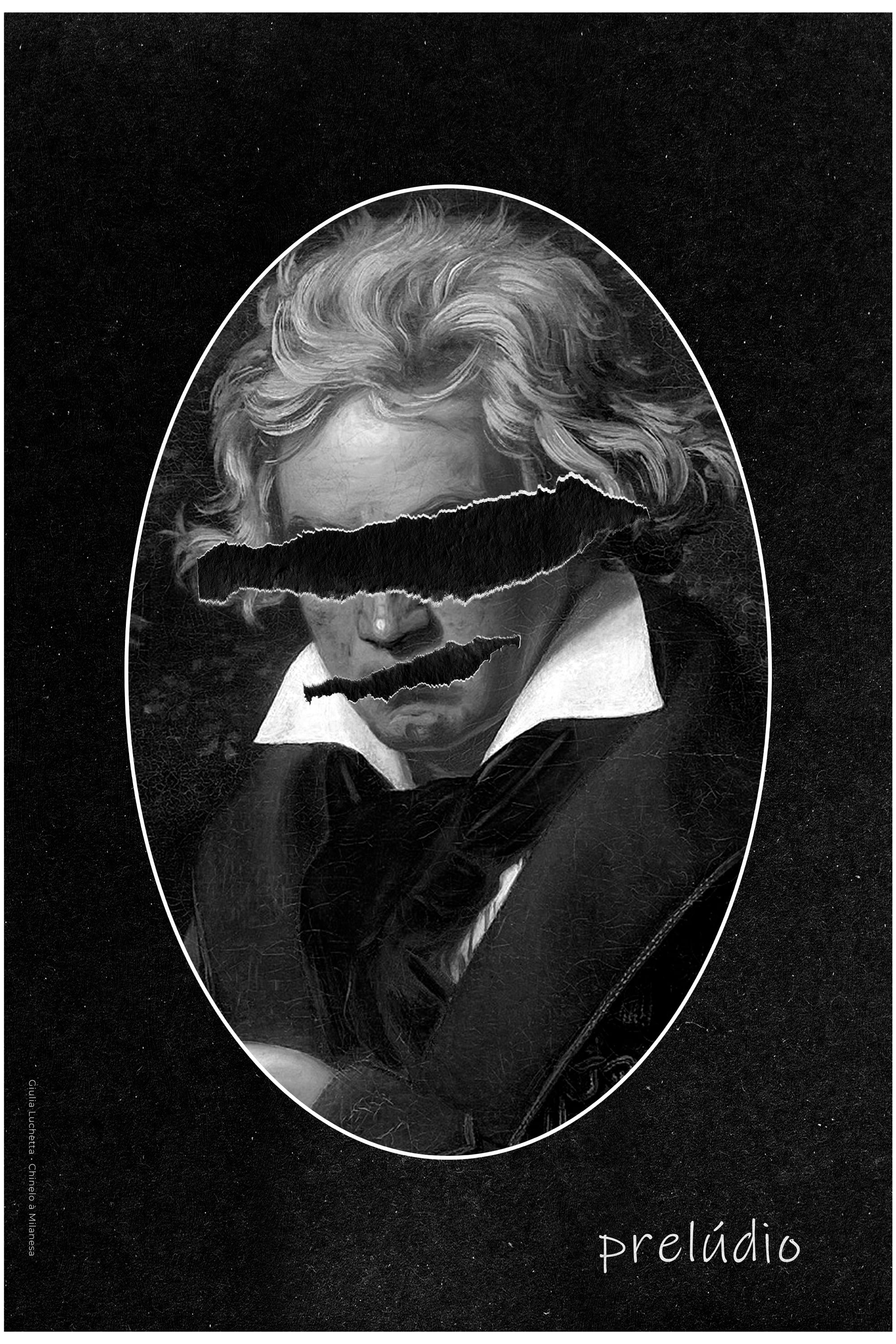
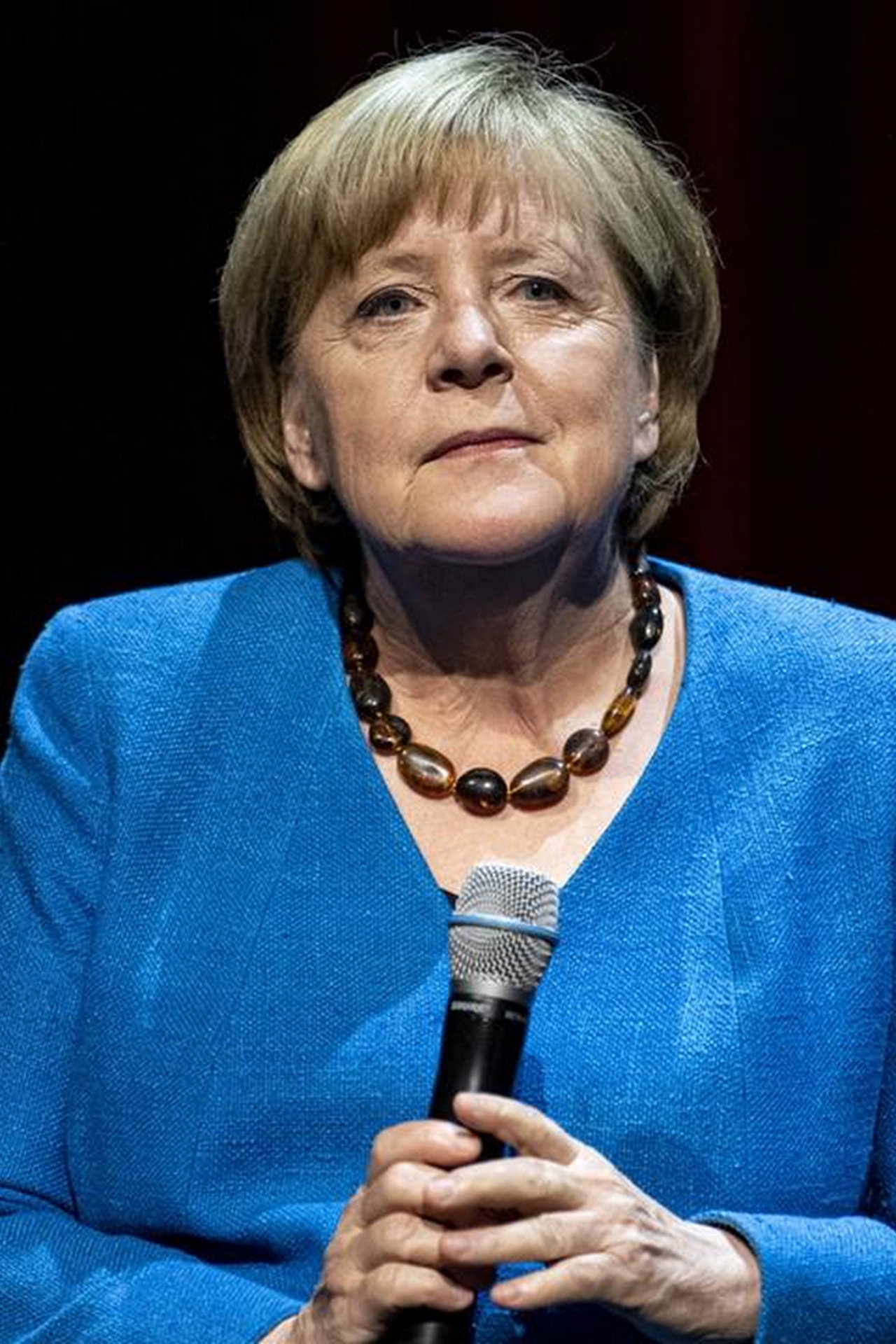
Angela Dorothea Merkel (née Kasner; born 17 July 1954) is a German former politician and scientist who served as Chancellor of Germany from 2005 to 2021. A member of the Christian Democratic Union (CDU), she previously served as Leader of the Opposition from 2002 to 2005 and as Leader of the Christian Democratic Union from 2000 to 2018. Merkel was the first female chancellor of Germany. During her tenure as Chancellor, Merkel was frequently referred to as the de facto leader of the European Union (EU), the most powerful woman in the world, and since 2016 the leader of the free world. Merkel was born in Hamburg in then-West Germany, moving to East Germany as an infant when her father, a Lutheran clergyman, received a pastorate in Perleberg. She obtained a doctorate in quantum chemistry in 1986 and worked as a research scientist until 1989. Merkel entered politics in the wake of the Revolutions of 1989, briefly serving as deputy spokeswoman for the first democratically elected Government of East Germany led by Lothar de Maizière. Following German reunification in 1990, Merkel was elected to the Bundestag for the state of Mecklenburg-Vorpommern. As the protégée of Chancellor Helmut Kohl, Merkel was appointed as Minister for Women and Youth in 1991, later becoming Minister for the Environment, Nature Conservation and Nuclear Safety in 1994. After the CDU lost the 1998 federal election, Merkel was elected CDU General Secretary, before becoming the party's first female leader and the first female Leader of the Opposition two years later, in the aftermath of a donations scandal that toppled Wolfgang Schäuble. Following the 2005 federal election, Merkel was appointed to succeed Gerhard Schröder as Chancellor of Germany, leading a grand coalition consisting of the CDU, its Bavarian sister party the Christian Social Union (CSU) and the Social Democratic Party of Germany (SPD). Merkel was the first woman to be elected as Chancellor, and the first Chancellor since reunification to have been raised in the former East Germany. At the 2009 federal election, the CDU obtained the largest share of the vote, and Merkel was able to form a coalition government with the Free Democratic Party (FDP). At the 2013 federal election, Merkel's CDU won a landslide victory with 41.5% of the vote and formed a second grand coalition with the SPD, after the FDP lost all of its representation in the Bundestag. At the 2017 federal election, Merkel led the CDU to become the largest party for the fourth time; Merkel formed a third grand coalition with the SPD and was sworn in for a joint-record fourth term as Chancellor on 14 March 2018. ...